Both UPS and Portable Power Stations provide us with electricity during blackouts. While they may have similar functions, they serve different purposes, considering some factors.
UPS are typically fixed in a position; they are often not moved. They also stay in rooms with controlled temperatures. On the other hand, it's usually different from that in PPS, which are designed to be mobile, portable, and lightweight.
Their handles also say a lot. It implies they are designed to be carried around easily. They are also perfect for camping and many other outdoor activities.
These are just a few of the numerous distinctions between UPS and PPS. But first, what do UPS and Portable Power Stations mean, and what are their pros and cons?
What is a UPS?

Call it a temporary battery backup; you’re still correct. An uninterruptible power supply provides backup power in case of a grip failure. As the name implies, it helps avoid interruptions while using your devices, especially computers and critical equipment.
A UPS also helps stabilize the electricity when it drops to an unbearable level. However, they are typically designed to last only a short time. The size and design of the UPS determine usage time. This leads us to the types of UPS, or in more technical terms, topologies of UPS we have.
Types of UPS
1. Standby UPS
This is the least advanced form of UPS. Standby UPS switches battery power when there is a problem with the primary power source. These problems may include voltage surge, voltage sag, or a total blackout. We typically use standby UPS for basic computers, security systems, POS systems, and other small appliances.
2. A-line interactive UPS
An interactive line UPS helps correct undervoltages and overvoltages. And unlike the standby UPS, they do not switch to batteries. They have autotransformers that help bring a high or low voltage back to normal. Use cases? They work well with gaming systems, personal computers, consumer electronics, and mid-range servers. And to the last,
3. The double-conversion or an online UPS
This UPS type is perfect for operations requiring a high level of care. For instance, data center equipment, critical IT equipment, large telecom installations, storage applications, and high-end servers. But why is that? An online UPS supplies stable and clean power to the systems, regardless of the kind of voltage coming into it. It makes them perfect for delicate processes like the ones mentioned.
Pros of UPS
- Allows sensitive appliances to shut down safely.
- It can power equipment for a while.
Cons of UPS
- It's not easily carried around.
- Typically, it lasts for minutes.
What is a portable power station?

Think of a small, compact, mobile unit that can cater to many of your electricity needs; that's exactly what a portable power station is.
Mobility and portability are two of the best things about portable power generators. Solar generators are game changers for camping and outdoor activities.
Types of Portable Power Stations
Below are the various types of portable power stations available.
1. Lithium power stations
These power stations use lithium batteries to store their energy. It is the most common type of power station owing to its long life cycle, low self-charge, and high energy density. They are also very lightweight. OUPES power station collection is a perfect example of this type of power station.
2. Lead-acid power stations
Lead-acid power stations have been around for a while now. They are typically cheap, reliable, and work well in most environments. However, they have reduced usage nowadays because of their bulkiness, heaviness, and short lifespan.
Nonetheless, its recent variations, such as the Seal lead-acid and the Absorbent Glass Mat power stations, have been equipped with advanced tech, allowing them to be more durable.
3. Solar generators
Solar generators are also portable power stations due to their compact size. They trap energy from the sun and convert it to electrical power, which powers your building and appliances. They're reliable, make no noise, and are easy to carry around. What's more, they contribute to a healthy environment.
Pros of a portable power station
- It can last for hours.
- Recharges with the sun.
- No noise.
- Mobile and portable.
- It can function as a UPS.
- Can power 95% of household equipment, such as the OUPES 2400W Portable Power Stations.
Cons
- It can be expensive.
- Might not power very heavy-duty equipment.
Picking Between the UPS and Solar Generator

Well, let's talk about it. While they both help in generating electricity, they have different use cases.
A UPS supplies continuous power when there is a power failure to help sensitive machines shut down safely. Typically, UPS’s last from about 10 minutes to 3 hours.
However, solar generators power your equipment when you’re out of power. It not only avoids interruption but also supplies continuous power. You can also consider using it when you have no electricity access.
It all revolves around weighing your needs before making your decision.
To make it easier, ask the following questions before opting for one.
- How long do I need my equipment to keep running?
- Do I need to power some equipment off the grid?
- How quickly do I need the generator to recharge to its full strength?
- What is power output? Can it cater to my electricity needs?
FAQs
1. What is the difference between a power station and an uninterruptible power supply?
A power station is a compact, versatile, and mobile unit that supplies electricity during a power failure. However, an interruptible power supplies power briefly to critical electronics to ensure continuous operation or to allow for a safe shutdown.
2. What is the difference between ups and power generators?
A UPS is always connected to devices, even if there is a general power supply. This helps it swing into action, switching to its charged battery once the electricity is no more. However, power generators run on various things, including solar, gasoline, and diesel. They usually power on appliances again after they have shut down.
3. What are the disadvantages of using UPS?
They are not easily carried about, and they typically don’t last long.
4. Why do UPS not last long? Why does a UPS drain so fast?
UPSs don’t last long because they are not designed to do so. Their primary function is to supply electricity to power-sensitive equipment for a safe shutdown.
5. Which is better? UPS or Inverter?
Again, this depends on your power needs. Ask yourself the questions mentioned above. It should help.
6. Which is cheaper? UPS or a solar generator?
Solar generators are typically more expensive. Although, depending on your needs. You can find UPS’s that are more expensive than some solar generators. But generally, solar generators cost more.
7. Can I use a portable power station as a UPS?
This is a prevalent question amongst people. And the answer is yes. Many portable power stations possess functionalities that make them suitable for use as an Uninterruptible Power Supply (UPS). Although not all solar generators have these features, a large part has.
8. How long does a portable power station last?
How long a portable power station lasts depends on the wattage and usage. For instance, a 100W solar generator might supply electricity for up to 15 hours.
Okay, let's add some context: a 300W portable power station can power up your smartphone 150 times. Now imagine how long the OUPES Mega 2 power station with 2,500W would last.
Wrap up

While UPS and Portable Power Stations help supply electricity during outages, they have slightly different use cases. You should pick one that fits your needs.
Power Stations can also function as UPS. How amazing it is to get the functions of devices in just one appliance.
If you want a suitable power station that suits your needs, OUPES power stations are your best bet. Check out some of these power stations. OUPES 2400 Portable Power Station, OUPES 1800 Portable Power Station, OUPES 1200 Portable Power Station, and OUPES 600 Portable Power Station.



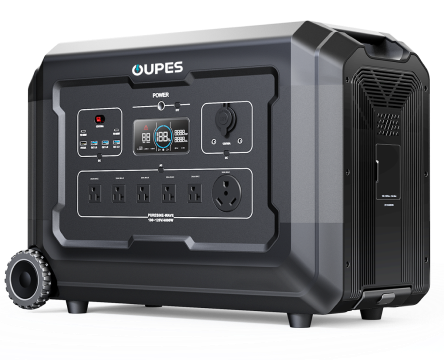

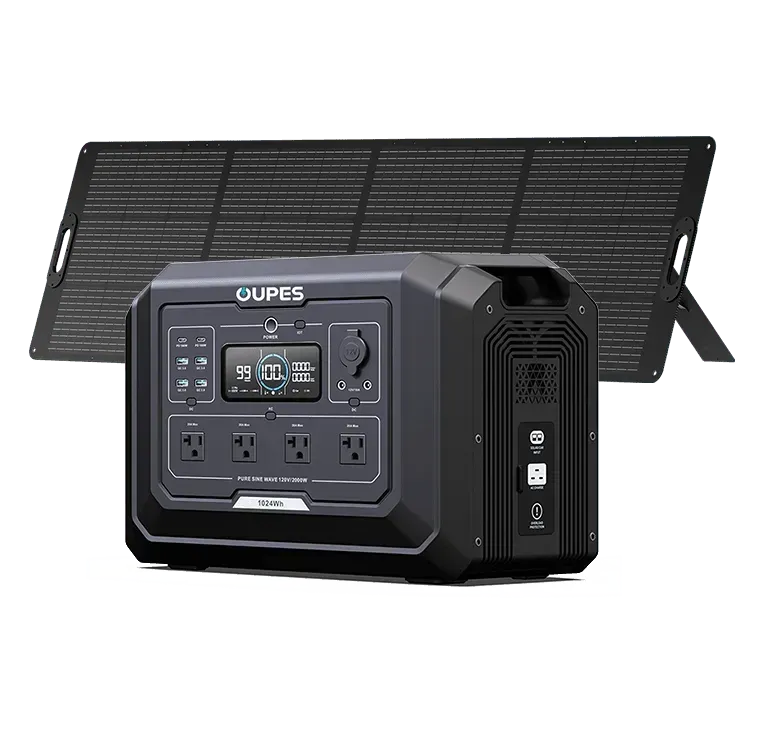
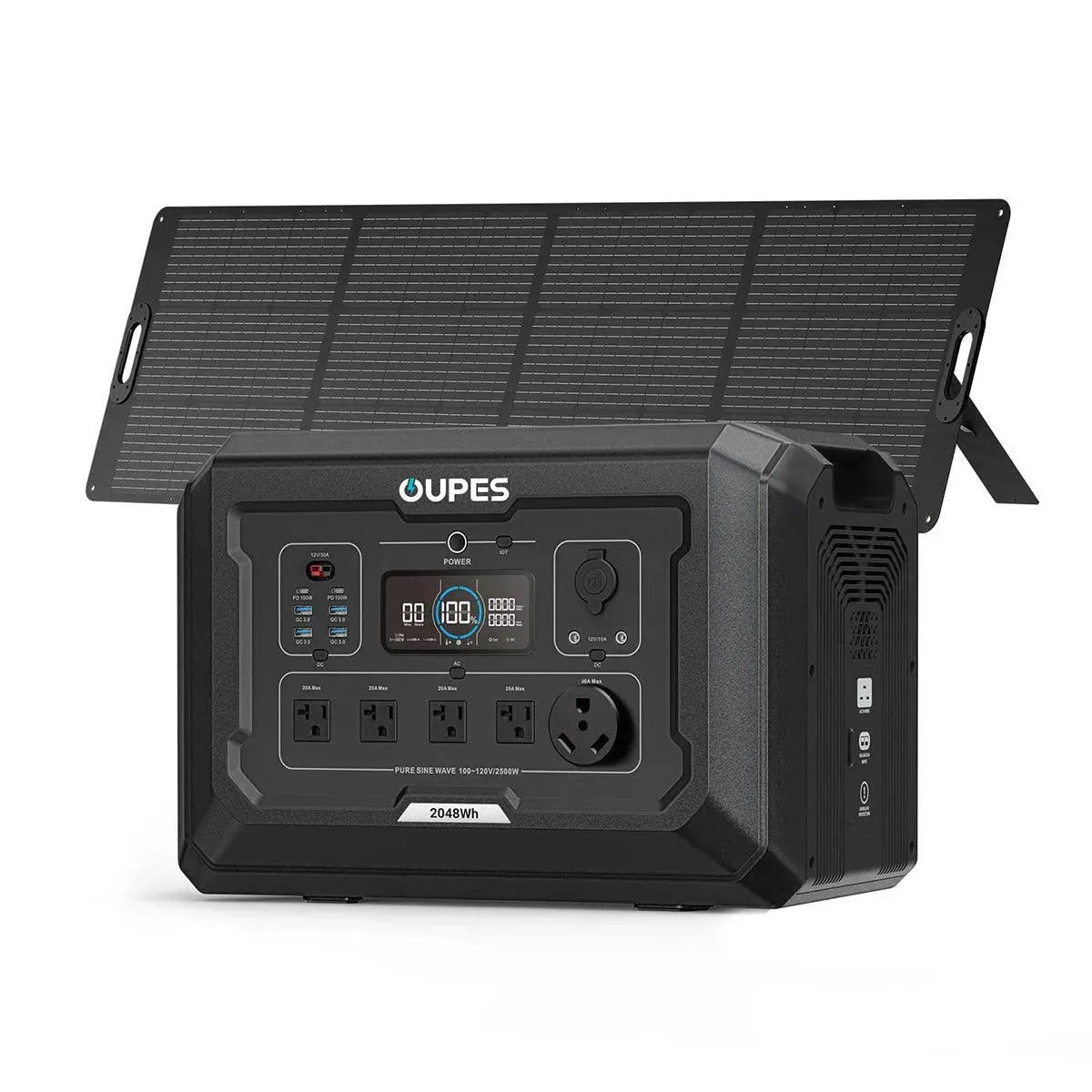























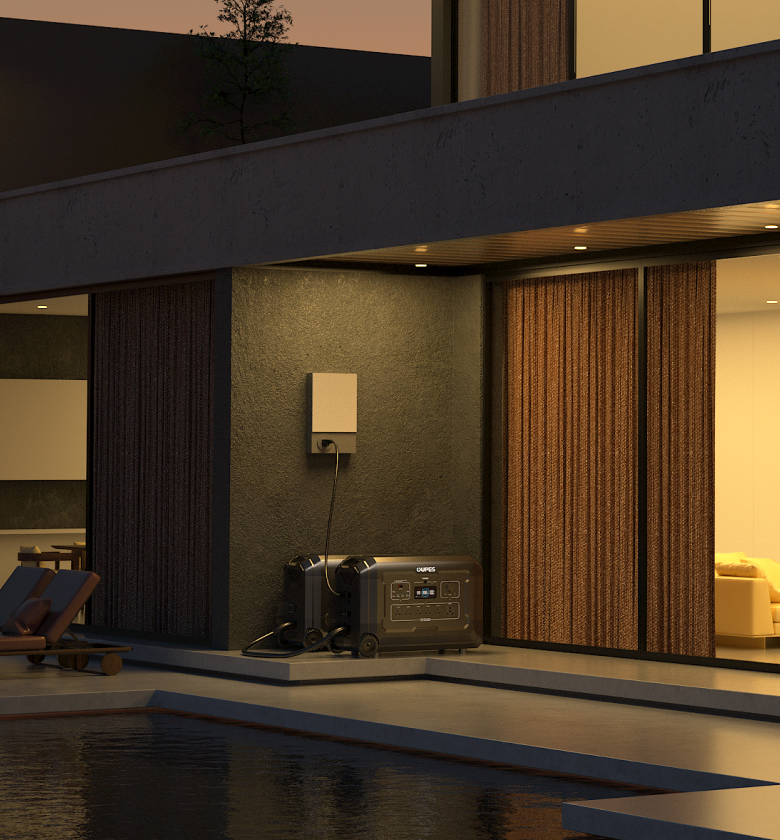
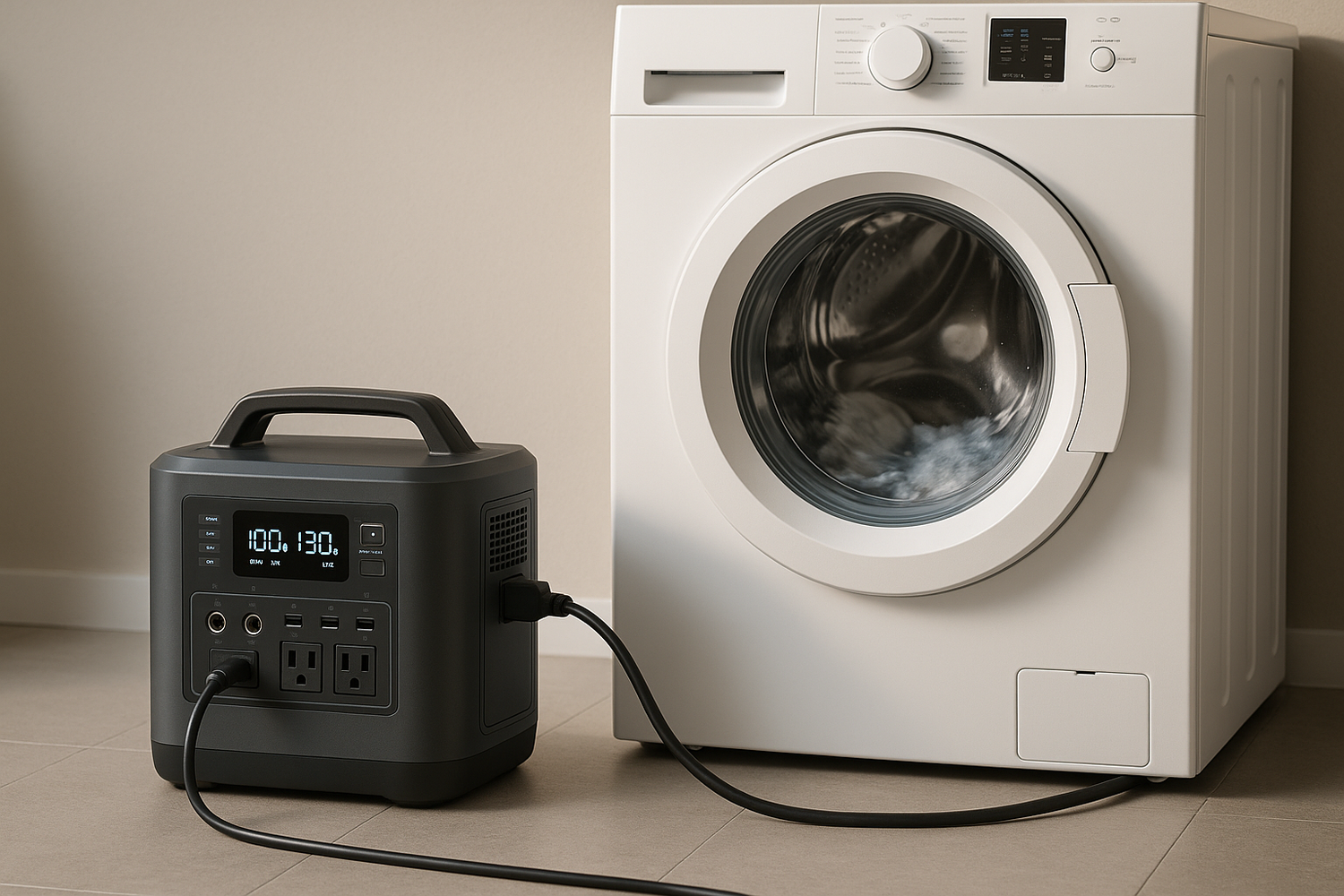

Leave a comment
This site is protected by hCaptcha and the hCaptcha Privacy Policy and Terms of Service apply.